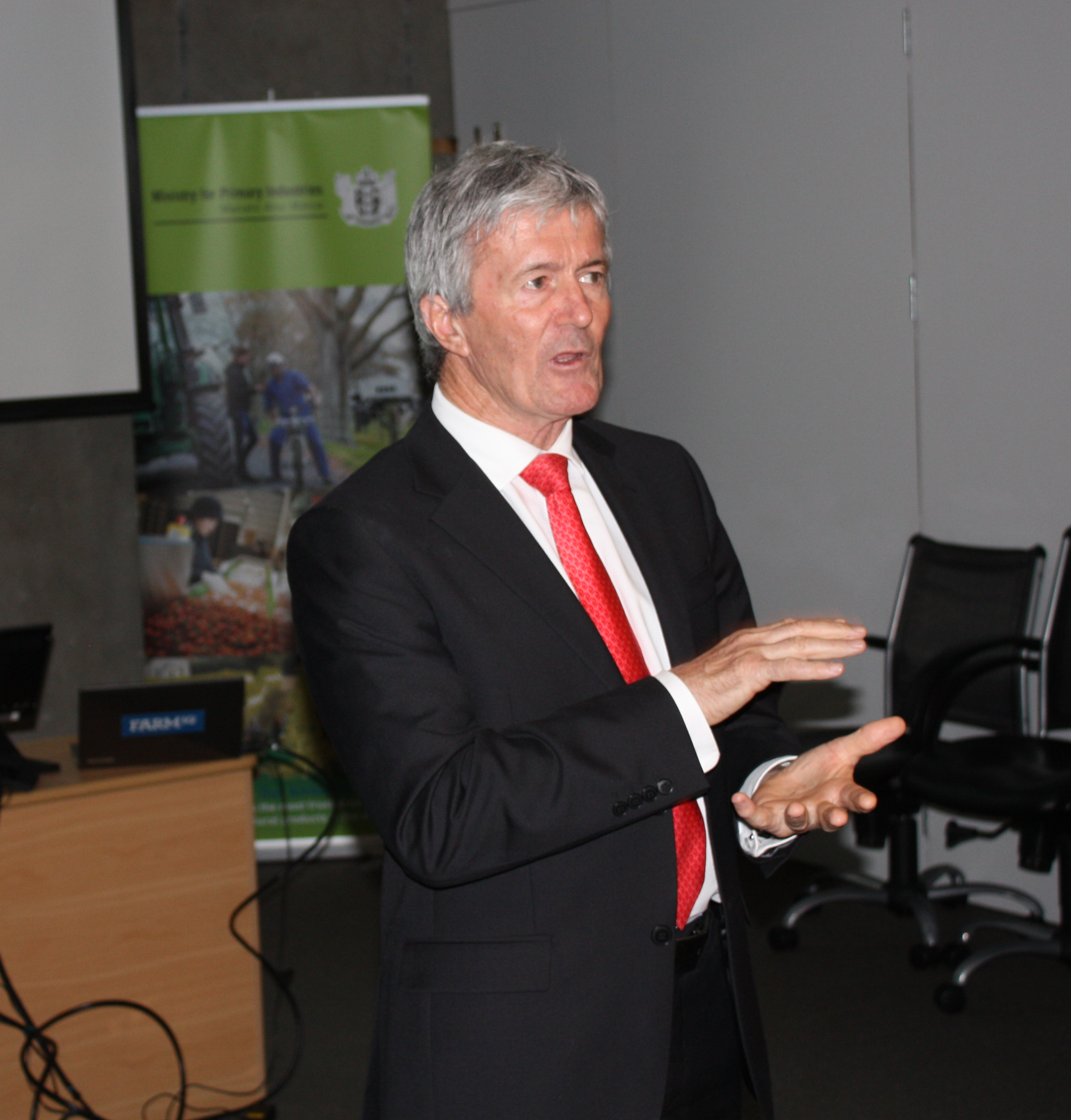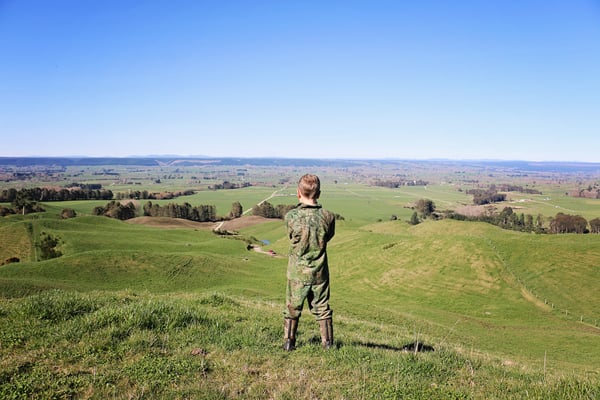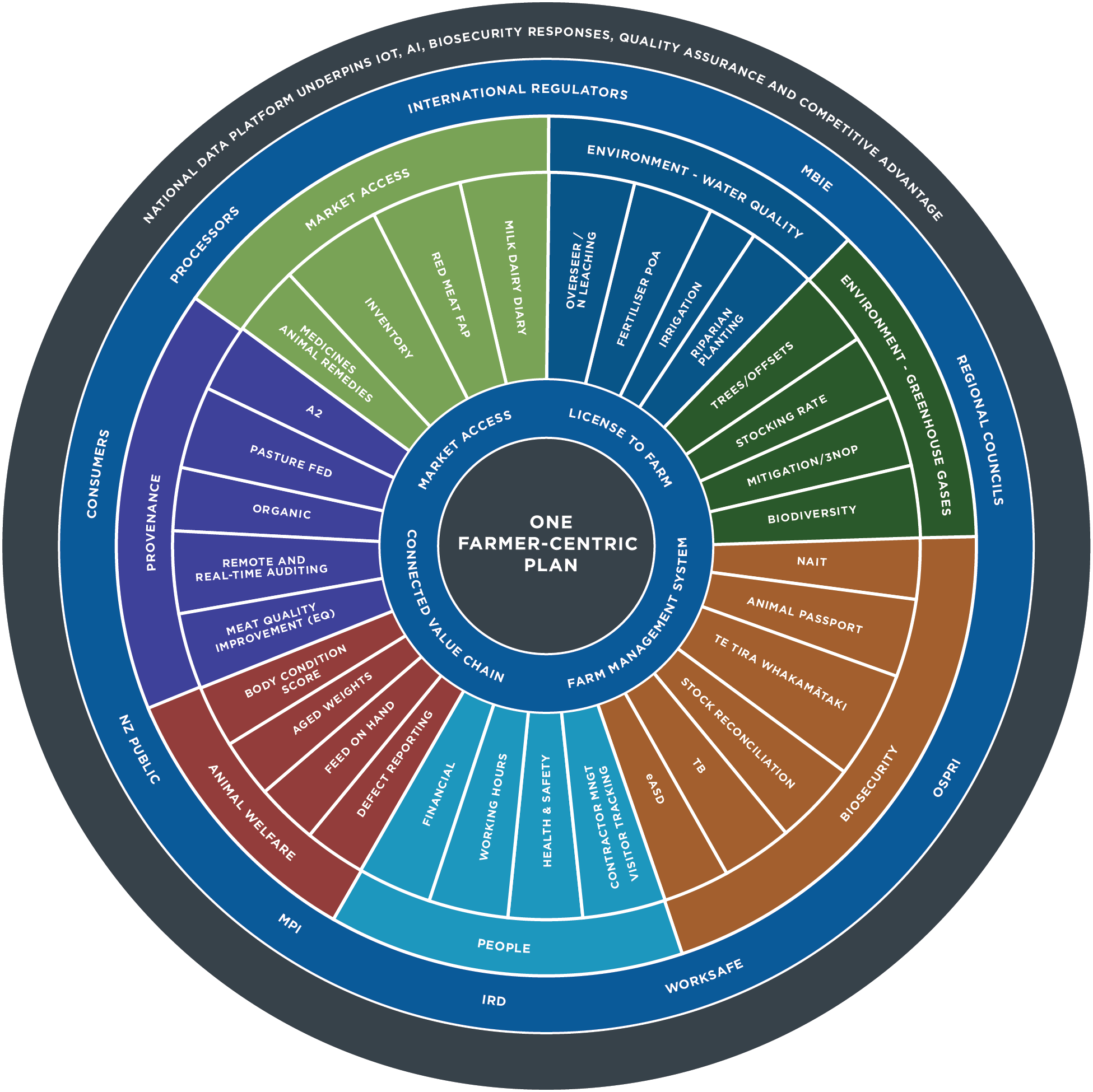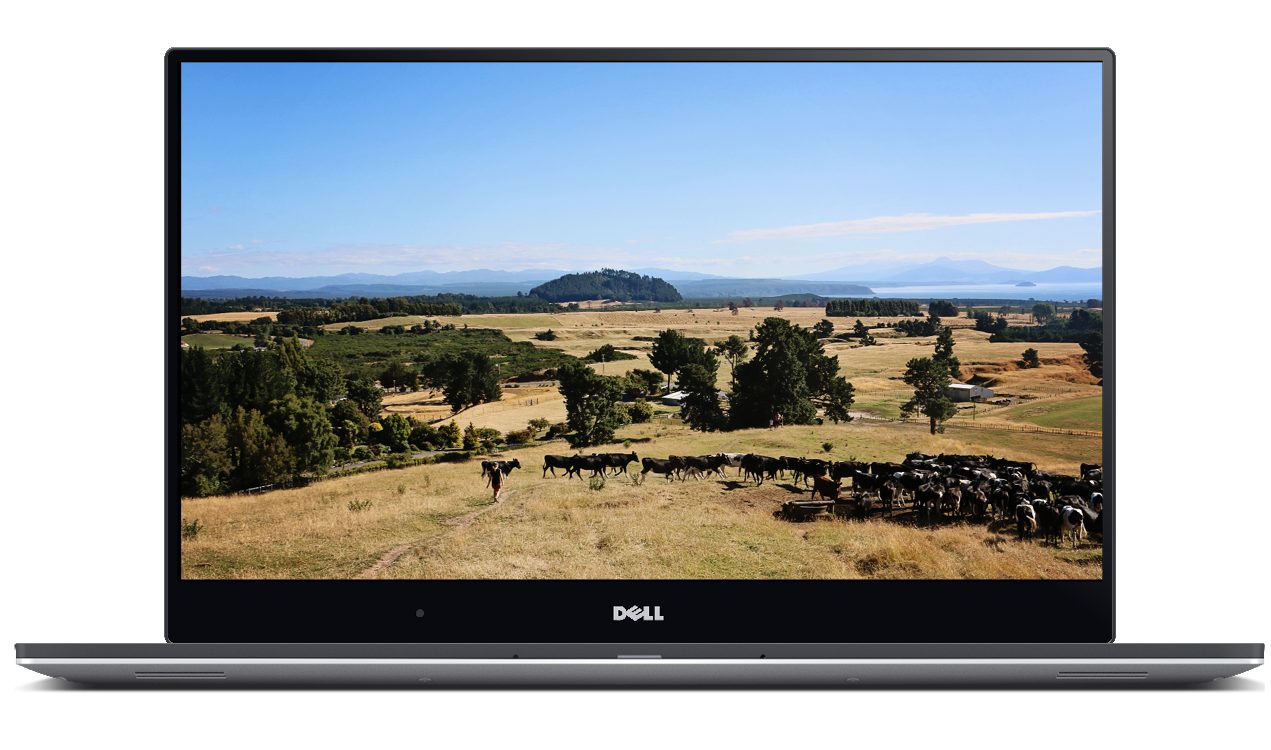

We are living through a unique period in human history. As a species, we are collectively looking down the barrel of a global population of 9 billion people by 2050, possible water and food shortages brought on through climate change, shifting consumer preferences and a decline in consumer confidence in the food supply system.
As a small country at the bottom right hand corner of the world, we’re fortunate to be largely insulated from a lot of the global fall-out from these global mega trends, but we don’t get off scot-free. With 20% of our global exports coming from the primary industry, we are obligated to pay close attention to what’s going on in every market we serve.
As human beings we tend to suffer what economist call ‘loss aversion’, which makes leads us focus on protecting what we’ve got, rather than chasing what we haven’t. It’s only natural therefore that we’re hugely focused on protecting our export incomes, which leads us to be relatively conservative in the way that we behave.
But we live in unusual times and it’s possible that the mega-trends washing across our planet right now might present New Zealand with its single biggest growth opportunity since it signed a free trade agreement with China in ‘08. What if this is the moment to be anything but conservative. What if this is exactly the moment for New Zealand to go all-in?
As a country we’re in an incredibly strong position. We’ve got some of the cleanest, greenest, safest and best tasting products in the world; and we can prove it. The world is ready and waiting to have a love affair with New Zealand’s exports, but we’re making it hard for them, principally because of our desire to compete amongst ourselves.
We know that our farmers don’t compete with each other in the same way that restaurants compete. Farmers compete with the weather and the exchange rate, but at the end of the day someone will buy what they produce. Producers, whether it’s meat or dairy, are different. They not only compete with each other, but also every other supplier of meat and dairy in the world, which is hugely wasteful.
The domestic market for the products we produce accounts for between 5 and 10% of total production. Competition in the domestic market is healthy as it keeps prices down, gives us variety and keeps the market healthy. But for the 90% of the product we export, competition between producers stands in the way of us grabbing more of the global prize.
As a small nation with big global ambitions we need to be smarter about how we present our primary products to the global market. To cut through, we need the world to hear one clear message about the quality of our food, not multiple fragmented brand voices from different producers that all get lost in the noise.
We’ve seen the power of national branding before. NZ Tourism has had success on the global stage with its 100% Pure New Zealand marketing, which has been hugely successful in positioning New Zealand as an exciting tourist destination. Why can’t the same logic be applied to our primary industries?
The concept of branding a country for global food export is far from new. The Irish work their ‘Origin Green’ brand hand hard for the national good. The Australians invest $68m a year in their True Aussie brand which keeps them in the game and we do….very little.
BLNZ recently launched their Taste Pure Nature brand, which is a step in the right direction, but it’s not big, bold or broad enough to do the job we – collectively - need done. We need a national pan sector (dairy, meat, wood) brand campaign that frames New Zealand as a clean, green and sustainable producer of many primary products. With a single national brand that every producer can leverage we should be able to reduce the cost of exporting (by reducing the cost of differentiation) and tell a clearer and cleaner story to the world.
What’s particularly interesting and powerful about this play is our ability to provide data-driven brand proof points. At FarmIQ we’re increasingly getting involved in conversations with producers about brand differentiation. With the volume of data being generated on farm and the ability to associate that data back to individual animals we’re now able to prove that our exports are as clean, green, low emission and sustainable as we say they are.
Going forwards, our provenance story is going to be critically important to the value of our exports and that story can only get more powerful when it’s told from a national perspective with a common set of data (and farm) standards. Using FarmIQ we can turn a lofty marketing campaign into a substance backed story that underpins our primary sector.
All it takes is a bit of collaboration between producers and government which is something as a small country on the bottom right hand corner of the world shouldn’t be beyond our wits!


